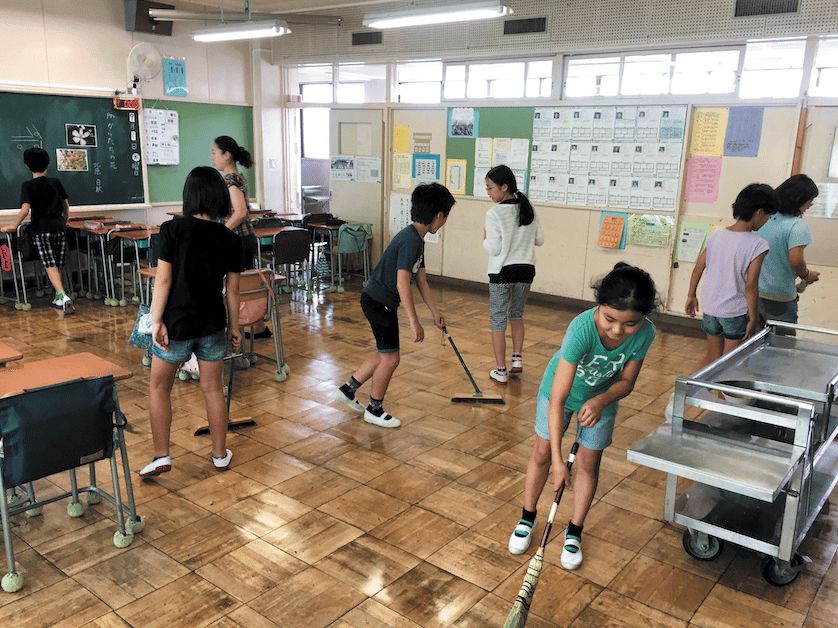Education in Japan, a system where tradition and modernity meet, shapes people who are special, responsible and profoundly anchored in societal values. This article examines the diverse aspects of Japanese education, from childhood to adolescence, underscoring the practices that distinguish Japan on the world stage.
Child-rearing traditions in Japan
Japan glows on the international stage not only for its economy but also for its unique education system, which is founded on exceptional principles. From a young age, children are inspired to be curious and to integrate into society. The first stage of their lives is characterised by a special and intimate connection with the mother, as the father’s presence is usually less frequent. Babies are raised in a close home atmosphere, where the use of a nanny is rare. The educational philosophy rotates around the concept of learning from errors, with a stress on early autonomy. From the age of five, a significant change takes place, where the child, who has been treated like a king until then, starts to face stricter expectations, preparing for the transition to adulthood from the age of fifteen.
Being a child in Japan
The school experience in Japan varies radically from that in Western countries. Learners, from kindergarten onwards, become habituated to a great deal of autonomy, going to school alone and actively contributing to the maintenance of their school environment. This involves cleaning classrooms and common areas and instilling a deep respect for public places. School uniforms and strict regulations on appearance encourage uniformity and discipline, while the education system places heavy academic pressure on students, who usually continue their studies outside of regular school hours.
Futoko and Cosplay
Confronted with the rigour of the education system, some students, Futoko (school truancy), decide to withdraw from school, overwhelmed by the pressure. Nevertheless, “free” schools offer an alternative, prioritizing the individual over academic performance. Furthermore, cosplay (disguising characters) is arising as a form of escape for young people, permitting them to live through the worlds of their favourite manga, refusing the constraints of traditional Japanese society.
Abandoned schools?
The phenomenon of rural desertification, more pronounced than in Europe, leads to the defection of numerous rural schools. These buildings, silent witnesses to the past, captivate photographers and hikers, while certain villagers strive to preserve them. Others find a second life transformed into guest rooms or public baths, the famous “sento” (public baths).
Education in Japan, between rigour and tenderness, autonomy and uniformity, illustrates the complexity of a society which values both the individual and the collective. This unique system shapes respectful, responsible residents who are adapted to a constantly changing world.
What's happening in Tunisia?
Subscribe to our Youtube channel for updates.

















































